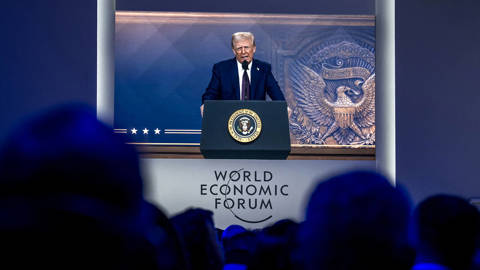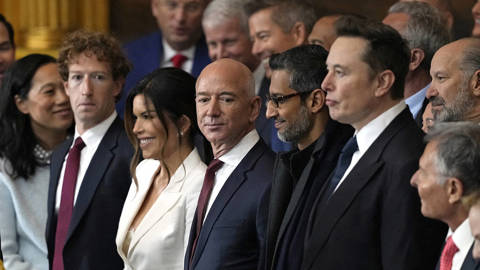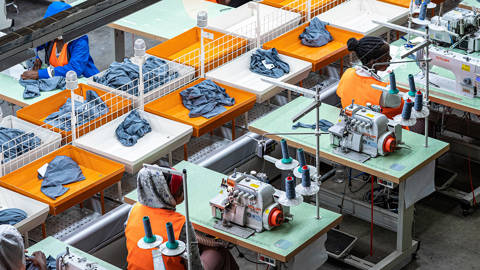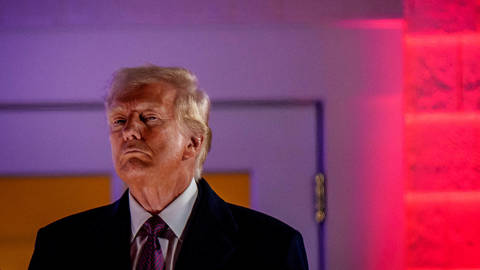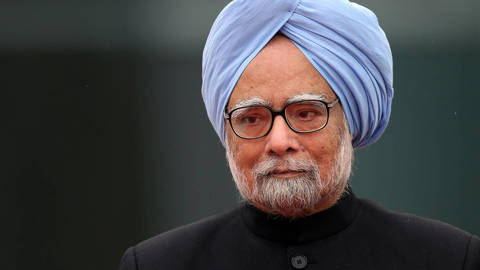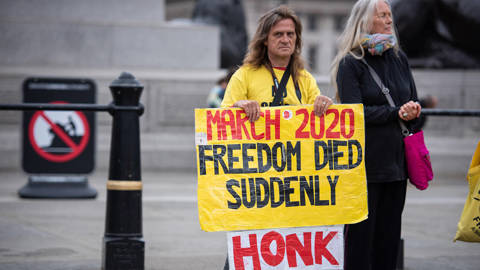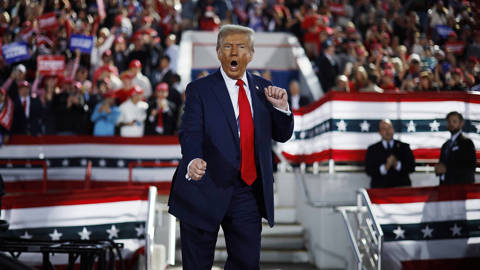Fabrizio Tassinari
Fabrizio Tassinari is Executive Director of the School of Transnational Governance at the European University Institute and author of The Pursuit of Governance: Nordic Dispatches on a New Middle Way (Agenda Publishing, 2021).
-
Can Italy Maintain Its Pandemic-Era Transformation?
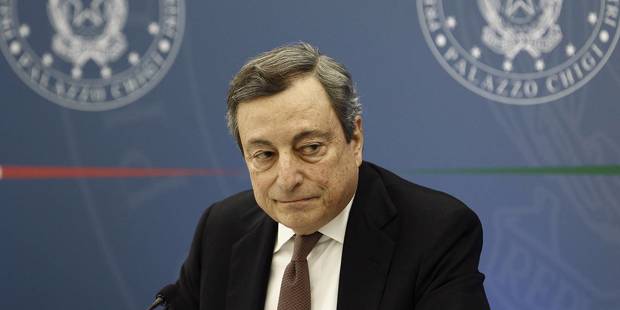
Can Italy Maintain Its Pandemic-Era Transformation?
Jan 25, 2022 Alexander Stubb & Fabrizio Tassinari ask if the country’s remarkable shift to stability can survive a change in political leadership.
-
A Green New Deal for Europe
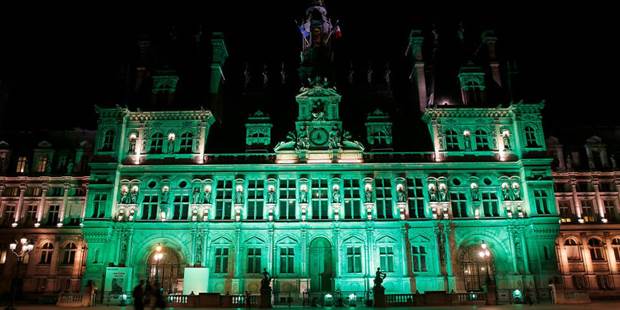
A Green New Deal for Europe
Jan 31, 2019 Massimiliano Santini & Fabrizio Tassinari consider what it will take to ensure the structural transformation needed to address climate change.
-
Renzi’s Promise
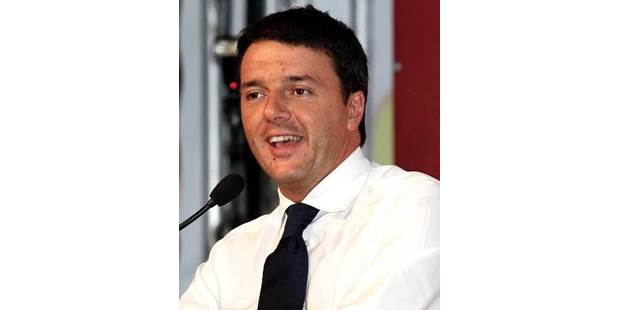
Renzi’s Promise
Jul 3, 2014 Fabrizio Tassinari is optimistic that Italy's popular, young prime minister can change Europe's political discourse.
-
The EU’s Forgotten Foundations
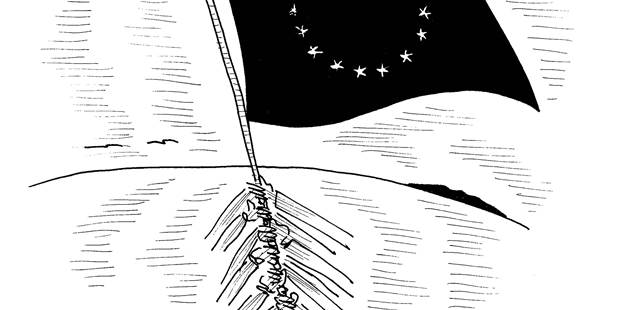
The EU’s Forgotten Foundations
Jun 10, 2013 Fabrizio Tassinari
-
Mario Monti’s Nordic Dream
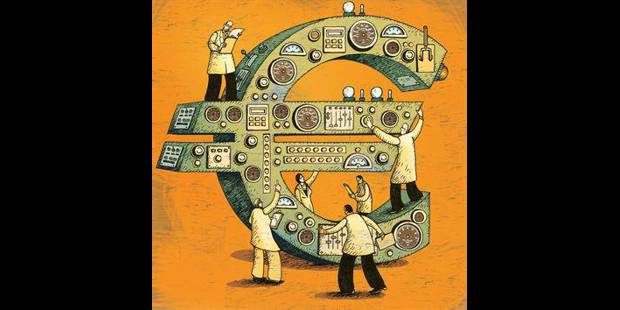
Mario Monti’s Nordic Dream
Jun 6, 2012 Fabrizio Tassinari

